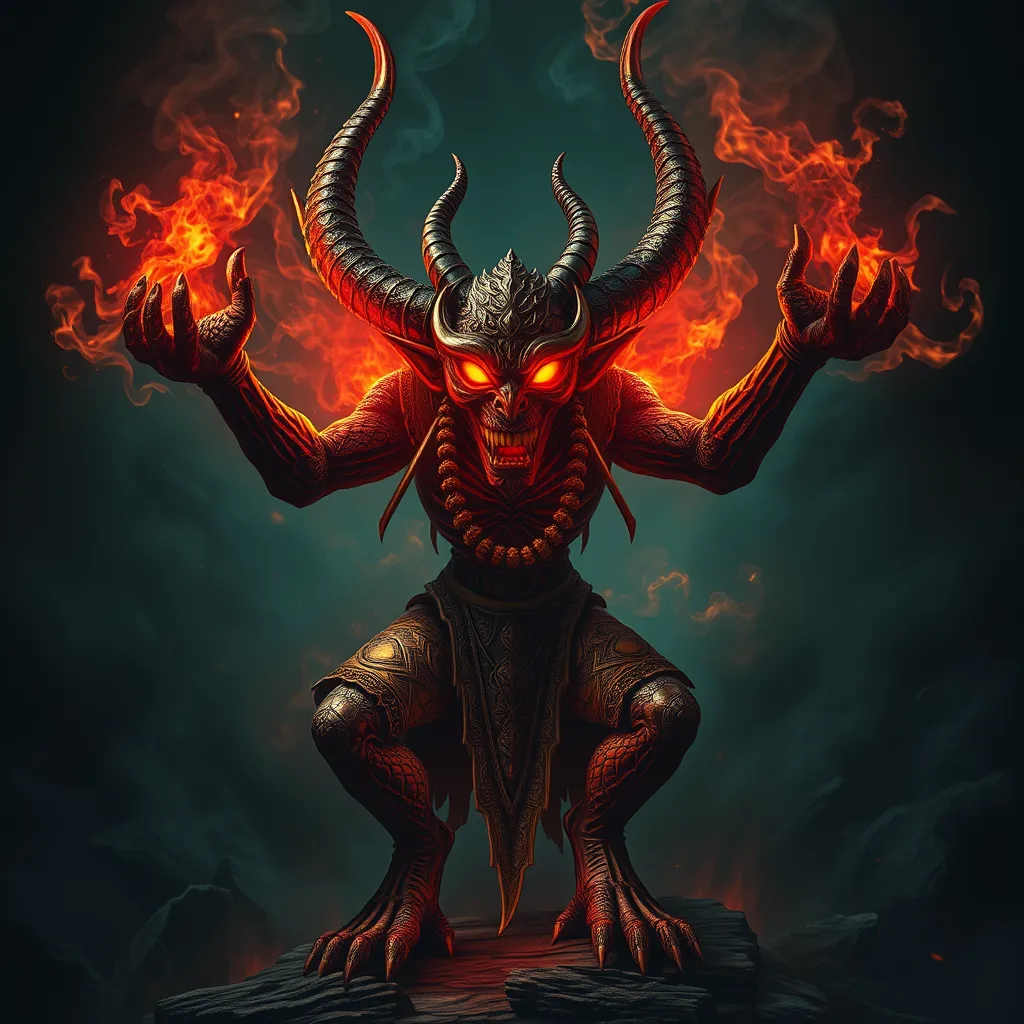The Leprechaun’s Redemption: Exploring the Concept of Forgiveness in Irish Folklore
I. Introduction
Irish folklore is a rich tapestry woven with tales of mythical beings, cultural values, and moral lessons. It serves not only as entertainment but as a medium for imparting wisdom and reflecting societal norms. Among the myriad characters in this folklore, leprechauns hold a prominent place, embodying the spirit of mischief, cunning, and the complexities of human nature.
This article aims to delve into the theme of forgiveness as illustrated through leprechaun stories, exploring how these whimsical figures navigate their own paths to redemption while offering insights into the broader cultural significance of forgiveness in Irish society.
II. The Role of Leprechauns in Irish Folklore
Leprechauns have their roots deeply embedded in Irish mythology, with historical origins tracing back to the Tuatha Dé Danann, a mythical race of people believed to inhabit the Otherworld. Initially, they were not the small, pot-of-gold guardians they are known as today; rather, they were depicted as more formidable figures with a penchant for trickery.
Key characteristics of leprechauns include:
- Small stature and often depicted as elderly men.
- Skilled shoemakers, which ties them to the earth and craftsmanship.
- Possessive of their gold, often hidden at the end of a rainbow.
- Known for their mischievous and cunning nature.
As symbols of mischief, leprechauns reflect the duality of human nature—capable of both trickery and generosity, they embody the complex interplay between morality and mischief in Irish culture.
III. Forgiveness in Irish Culture
Forgiveness holds a significant place in Irish culture, deeply intertwined with historical and social contexts. The concept is often viewed as essential for communal harmony and personal peace. Traditional beliefs emphasize the importance of reconciliation and the restoration of relationships, reflecting a societal value placed on community and kinship.
Some notable aspects of forgiveness in Irish culture include:
- A belief in the healing power of forgiveness, often seen as a necessary step in overcoming conflicts.
- The influence of Christianity, which emphasizes forgiveness as a moral imperative.
- Folkloric narratives that often conclude with themes of reconciliation, mirroring societal values.
These elements contribute to a rich cultural landscape where forgiveness is celebrated and upheld as a virtue.
IV. Leprechauns and the Theme of Redemption
Many leprechaun stories feature themes of redemption, often highlighting their quest for forgiveness after committing misdeeds. These narratives typically portray leprechauns as flawed characters, whose actions occasionally lead to unintended consequences.
Examples of redemption arcs in leprechaun folklore include:
- A leprechaun who steals from humans and seeks to make amends through acts of kindness.
- Stories where leprechauns help humans in their times of need, thereby redeeming themselves.
- Encounters with humans that challenge leprechauns to reflect on their own behavior and seek forgiveness.
Human characters often play a crucial role in aiding leprechauns’ redemption journeys, demonstrating that forgiveness can bridge the gap between different beings and foster understanding.
V. The Transformative Power of Forgiveness
In many leprechaun tales, the act of forgiveness transforms the fate of the characters involved. When humans forgive leprechauns, it often leads to positive outcomes, including:
- Restoration of trust and friendship between humans and leprechauns.
- Improvement in the leprechaun’s character, leading to a more benevolent nature.
- Resolution of conflicts, allowing for harmony between disparate worlds.
These narratives illustrate that forgiveness is not only a personal journey but also a communal act that can foster reconciliation and harmony. The lessons learned from these stories resonate with the significance of forgiveness in human relationships, emphasizing its power to heal and transform.
VI. Comparative Folklore: Leprechauns and Other Mythical Beings
When examining the theme of forgiveness in folklore, leprechauns share similarities with other mythical creatures, particularly trickster figures from various cultures. These characters often embody the complexities of morality and redemption.
Cross-cultural analysis reveals that themes of redemption are prevalent, with various folklore creatures seeking forgiveness for their actions. For instance:
- Raven in Native American folklore, known for its trickery yet often seeking redemption.
- Coyote in Indigenous cultures of North America, who embodies the trickster archetype while navigating themes of forgiveness.
- Other trickster figures in global mythology that highlight the universal nature of these themes.
This cross-cultural perspective illustrates the universal appeal of forgiveness, showing that it transcends cultural boundaries and is a fundamental aspect of the human experience.
VII. Modern Interpretations and Adaptations
In contemporary literature and media, leprechauns are often portrayed in various ways, reflecting evolving societal values. Modern adaptations frequently explore the theme of forgiveness, showcasing leprechauns as more complex characters capable of change and growth.
Some significant trends in modern storytelling include:
- Portrayal of leprechauns as protagonists who confront their past misdeeds.
- Narratives that emphasize the importance of understanding and compassion in seeking forgiveness.
- Reinterpretations that blend traditional folklore with modern themes, making them relevant to today’s audiences.
The relevance of these themes in today’s society speaks to the enduring legacy of leprechauns and their messages about forgiveness and redemption.
VIII. Conclusion
In summary, the exploration of leprechauns in Irish folklore offers profound insights into the concept of forgiveness. Through their journeys, these mythical beings illuminate the complexities of human relationships and the essential role that forgiveness plays in fostering understanding and healing.
The enduring legacy of leprechauns serves as a reminder of the importance of forgiveness in our lives, encouraging us to embrace this virtue in our interactions with others. Ultimately, the stories of leprechauns resonate with the universal truth that forgiveness is not only a path to personal redemption but also a means of nurturing connections within our communities.



